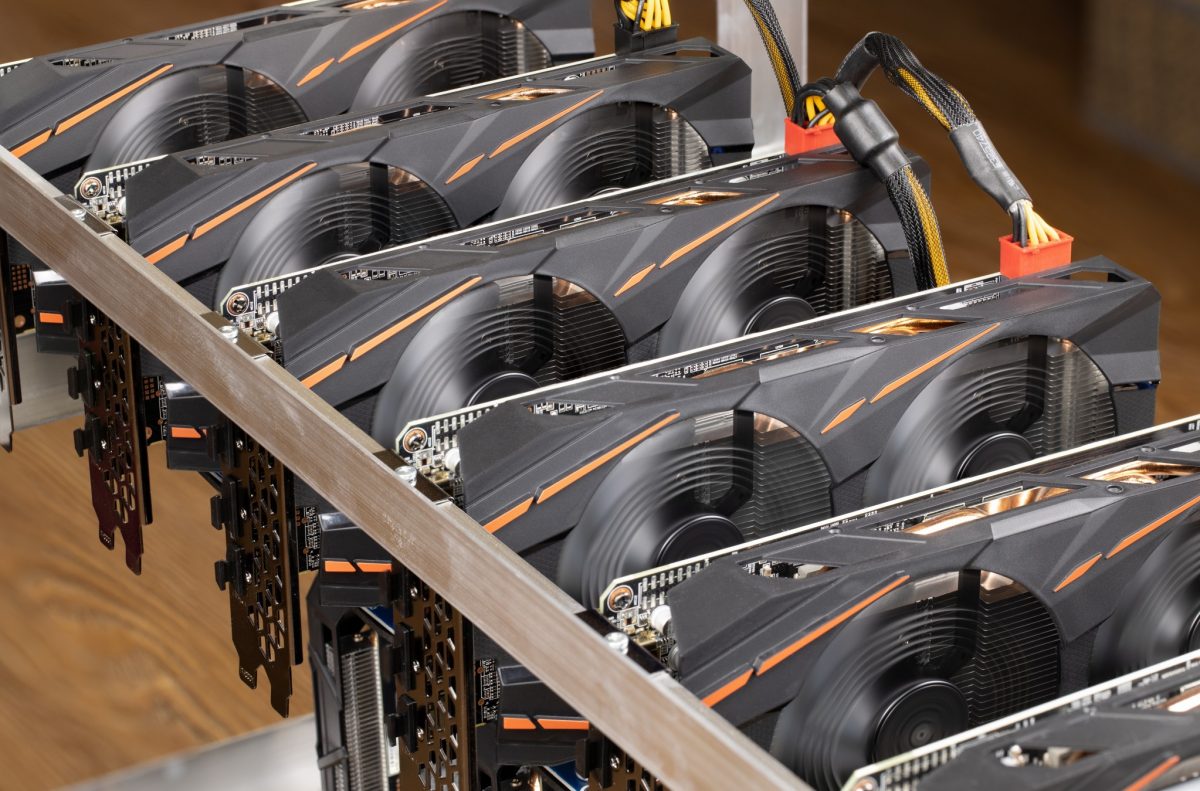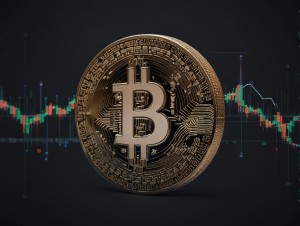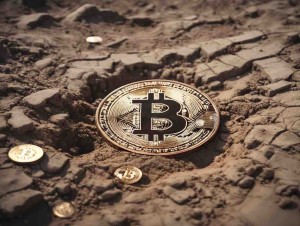TL;DR Breakdown
- Bitcoin has won the battle of currencies – fiat or digital.
- Various characteristics of BTC make it a superior asset in the human history.
Bitcoin has been a unique asset in the annals of the world’s financial history – a highly secure, rare, decentralized, valuable, and transportable, asset.
It’s highly accessible than safe-haven gold. It gives much higher returns than real estate. Unlike stocks and shares, its supply is not subject to change abruptly. It even competes with giants like Visa on speed and cost.
The popularity of cryptocurrency is exploding. It has a bigger user base than the Internet did in the 1990s. It’s worth more than $900 billion. It already poses a catastrophic risk to the global economy.
Yet, naysayers keep peddling lies about BTC. Everyone knows how operating a railway line is always greener than driving a car. What would happen if the entire energy usage of creating a completely operational and interconnected railway? History shows how railway networks are built over decades and with hundreds of billions of dollars in order to transport people at a low cost.
Yes, think of Bitcoin as a cyberspace railway.
Bitcoin is pure energy in motion
The amount of energy required to build this enormous, safe, decentralized, and redundant network is staggering. When it’s finished — and it’ll be pretty much there now — anybody can send cash to anybody else in the world for almost no cost.
The transaction is completed and validated on the bitcoin blockchain, which acts as a global financial ledger without the need for intermediaries. There are no more fees to pay when sending bitcoins across borders; instead, you’re paying a fee to use an intermediary service that will strip your IP address from each transaction’s metadata.
The Bitcoin revolution has unleashed the earth’s hidden energy potential
Everything is either physical or energetic. Humans require energy to live. We’ve always been converting one form of energy into another.
Take electricity as an example. The limit to transport electricity is usually 500 miles — a difficult constraint. With growth in human population, cities grew and they needed more electricity. Therefore, power stations were built to meet electricity requirements. So much energy was utilized to make it happen.
Similarly, there’s endless energy stored in seas, oceans, deserts, forests, etc. A lot of trapped energy in inhospitable regions still lies untapped. What if there’s a way to use this kinetic energy and convert it into power? And since it is in inhospitable terrain, with no use for humans, what if that electricity could power a Bitcoin mining rig?

You’ve now converted natural, sustainable energy into a financial instrument. Multiplier by a billion. There are about a billion places on the planet where we neglected to look because they are too far away.
A completely decentralized, inconspicuous, and replenishable network of Bitcoin rigs humming away to construct a safe and independent asset infrastructure. Mother Nature provides the power.
Because no one resides there, we don’t require this energy to be supplied into our homes. What about instead using it to mine bitcoin?
However, in reality, more energy does not equal more bitcoin. Isn’t it true that more gold would be available and we’d get paid for it? Isn’t it how the Gold Rush worked?
You can’t because the difficulty adjustment is beautiful. Unlike fiat money, which can be generated from thin.
The first law of thermodynamics, which states that energy can’t be created or destroyed, is correct. Fiat money violates the first law of thermodynamics, making it fraudulent. The number of bitcoins that may be mined is limited to 21 million.
You earn Bitcoin when you contribute to the network. You can only mine a specific number of the cryptocurrency in each cycle, and this amount is being reduced every four years.
The algorithm adjusts the difficulty to make it more difficult to mine the fixed quantity of Bitcoin, as more and more miners enter the digital gold rush with their supercomputing hardware.
When China banned its mining a few months ago, approximately half of the mining network collapsed. The difficulty was automatically adjusted to make it simpler for the remaining miners to mine Bitcoin.
So here’s the thing: you can’t always control what people do, but you CAN use your influence to drive demand for a service or product. And it works without fail. Now let me explain how we did it…
Do you believe Google would have any problems if 50% of its computing power were turned off at once?
Bitcoin is the world’s most secure computer network
Bitcoin is now 12 years old. There has never been a successful cryptocurrency hack. That’s because of decentralization and redundancy characteristics.
Every Bitcoin node has a copy of the blockchain, which is replicated by all other nodes. As a result, if you want to modify or tamper with the blockchain, you’ll need to gain consent from more than half of the entire global bitcoin mining network.
Since they won’t agree, it simply won’t happen.
So, why should you worry about your cryptocurrency being rejected when it arrives to the receiver’s wallet? The answer is that mining not only generates more Bitcoin. It also secures the network by decentralizing and redundancy. As a result, miners are incentivized to mine Bitcoin while simultaneously benefiting every Bitcoiner.
You can’t shut down Facebook unless you contact Zuckerberg. Who do you call to turn off Bitcoin? Nobody. Or everyone.
In the next several days, I’ll debunk a lot more FUD. This was just a sample of what’s to come.
It’s a never-ending rabbit hole that has roots in economics, ecology, network theory, computer science, mathematics, cybersecurity and game theory. The more you delve into it, the more you’ll uncover.
It’s a $1 trillion treasure trove that the majority of the world doesn’t have access to. You however do..





